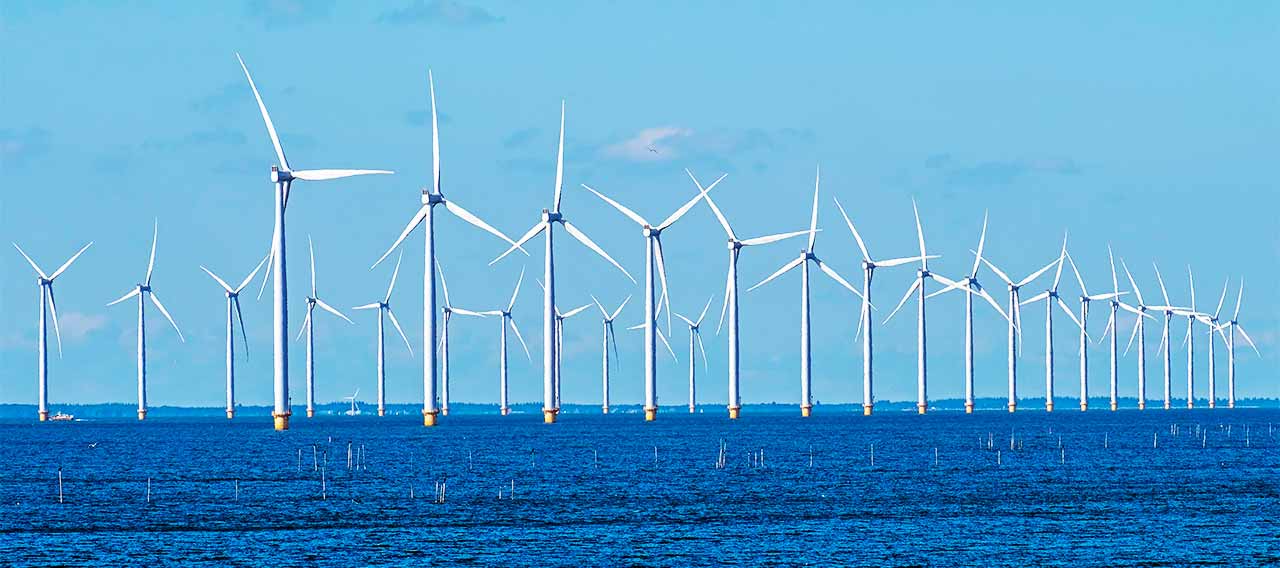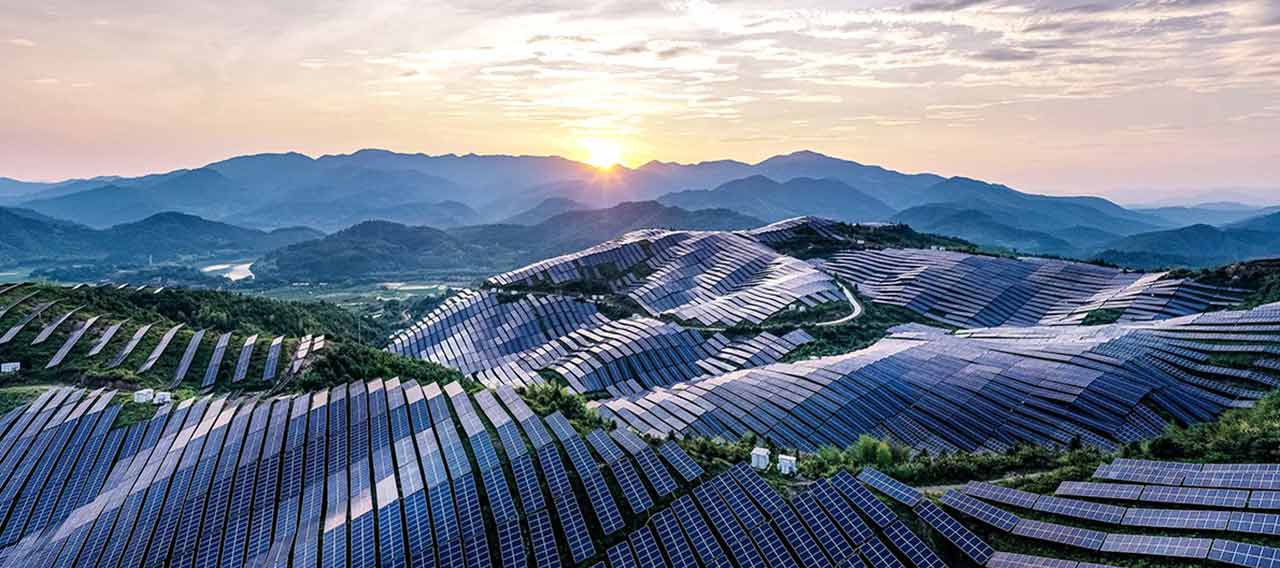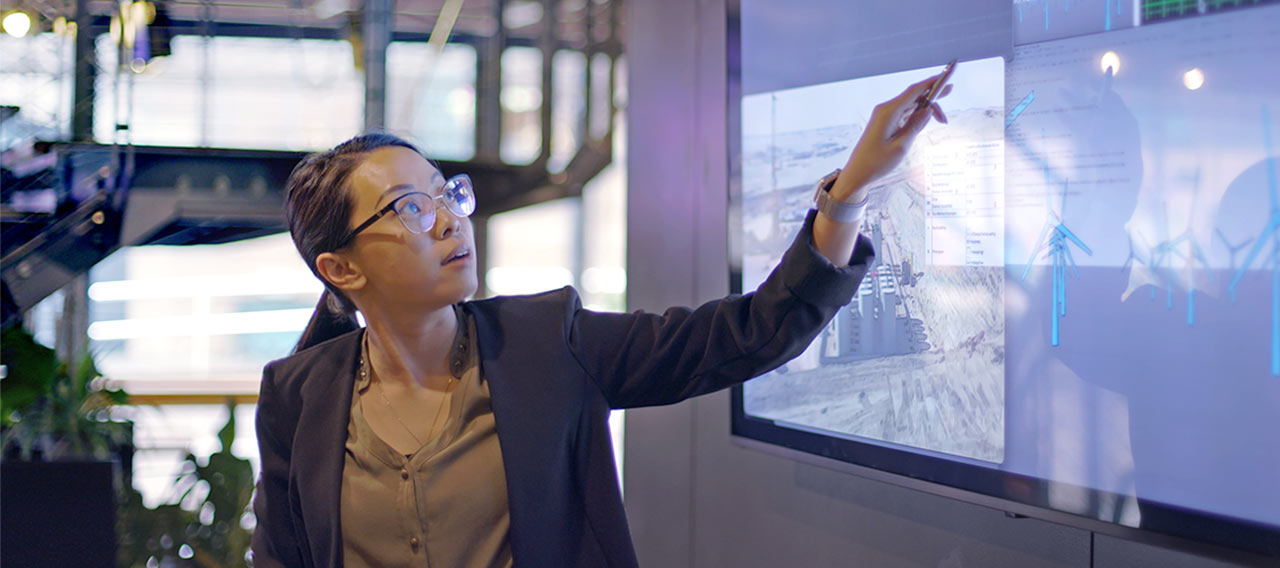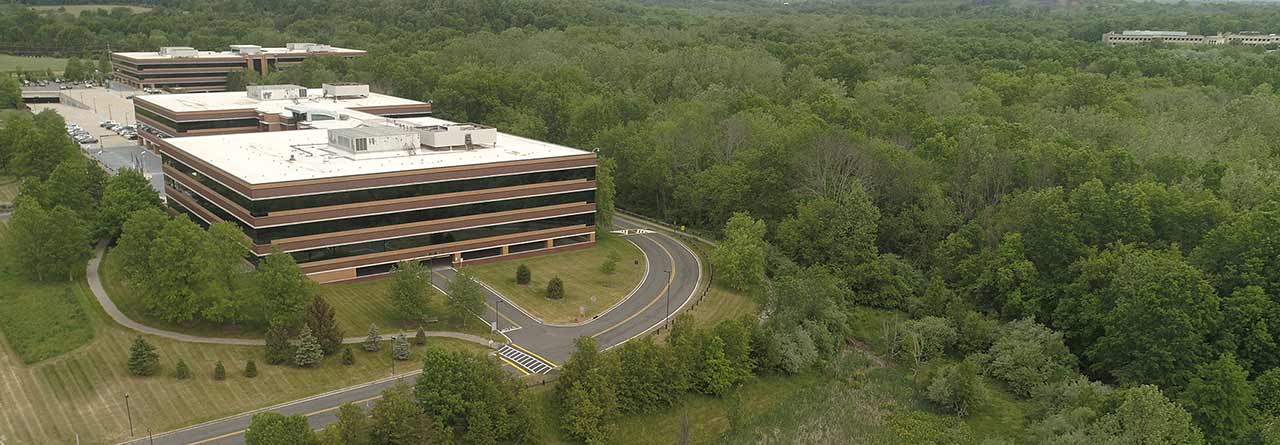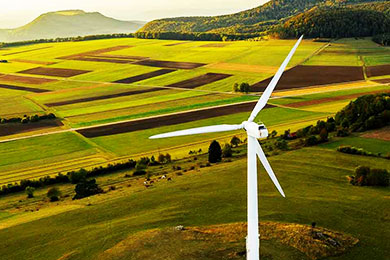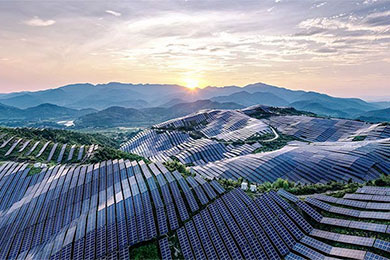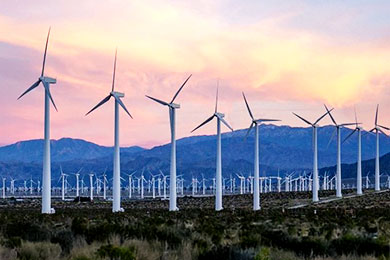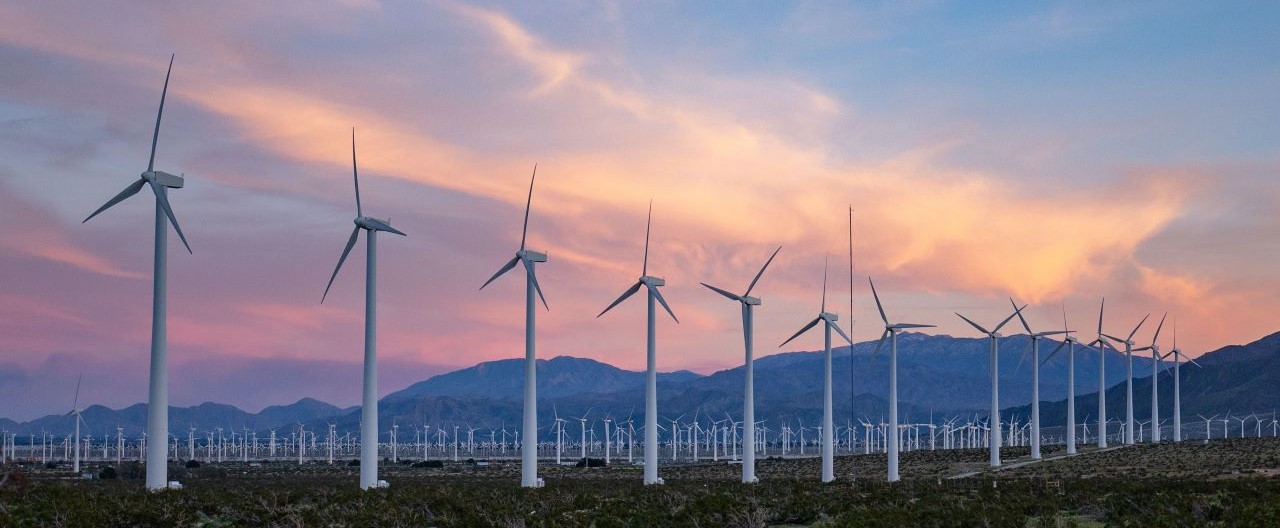Chubb joins U.S. EPA’s Green Power Partnership
For 15 years, Chubb has been successfully reducing the environmental footprint of its operations, most recently achieving ahead of schedule its goal to reduce greenhouse gas emissions in its operations by 40%. In the early years of the company’s environmental program, progress was achieved largely through energy efficiency projects and real estate portfolio optimization. In recent years, however, Chubb has had made more progress through the purchase of renewable energy.
Chubb first purchased electricity from renewable energy sources in the United Kingdom in 2015. By 2020, our renewable energy mix consisted of 55% wind, 5% solar and 1% hydro, resulting in a reduction of 1,641 metric tons of carbon dioxide equivalent, enough to power 350 gas-engine cars for one year. Chubb expanded its purchases of renewable electricity to the United States in 2020. Last year, purchases resulted in a reduction of 5,751 metric tons of CO2 equivalent. This is equal to the emissions from burning 6.3 million pounds of coal.
More recently, Chubb joined the U.S. Environmental Protection Agency’s Green Power Partnership, a group of businesses, governments, colleges and universities that promotes renewable energy, human health and protection of the environment.
James Critchfield, program manager of the Green Power Partnership, applauded Chubb for becoming a member and welcomed the company’s leadership. “Chubb is an excellent example for other organizations in reducing greenhouse gas emissions through green power investment and use," he said.
Established in 2001, the Green Power Partnership provides its 700 members with green power benchmarks, market and supply information, procurement guidance and recognition for leadership in renewable energy. Combined, the Green Power Partners use nearly 70 billion kilowatt-hours of green power annually.
“Joining the Green Power Partnership complements the significant action Chubb has already taken to address climate change,” said Paul J. Krump, Vice Chairman, Chubb Group, Global Underwriting and Claims.
Chubb recognizes its responsibility to encourage the transition to a net–zero carbon economy and supports the global goal of net-zero carbon emissions by 2050. The company’s approach to addressing climate change includes expanding our low-carbon and clean-tech investments and underwriting; reducing Chubb’s Scope 1 and Scope 2 GHG emissions; developing an effective carbon offset program; supporting efforts to develop science-based metrics to assess climate-related activity; and continuing to assess our overall strategy for balancing societal needs with net-zero transition goals. In 2019, Chubb established a goal of reducing its Scope 1 and Scope 2 GHG emissions on an absolute basis by 20% by 2025 and by 40% by 2035 using 2016 emissions as the baseline. These goals are in alignment with the 2°C target of the Paris Agreement and quantitatively supported science-based standards methodology of the United Nations Environmental Program. As of year-end 2021, we had already achieved a 49% reduction in our Scope 1 and Scope 2 GHG emissions.
More information about Chubb and climate change.

